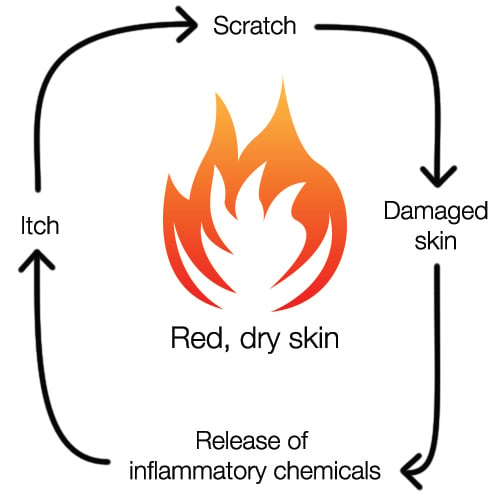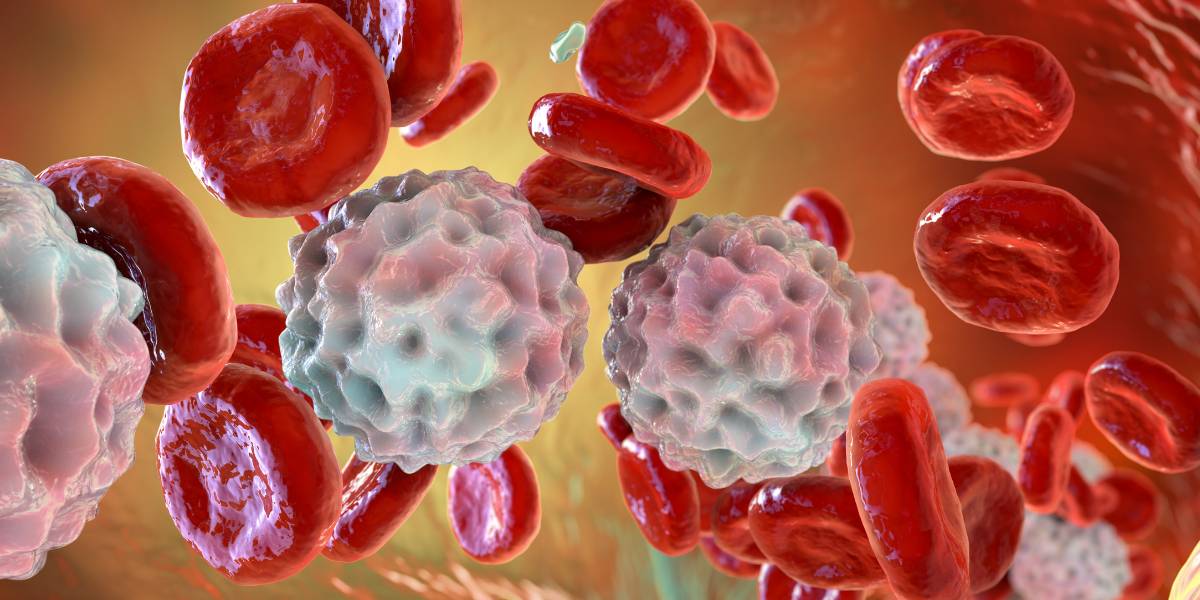Itchy skin can be a sign of diabetes, particularly if other diabetes symptoms are also present.
High blood sugar levels over a prolong period of time is one cause of itchy skin.
In some cases, itchy skin may be caused by complications of diabetes such as nerve damage or kidney disease.
Itching of the feet, legs or ankles is a common complaint in people with diabetes that may occur as a result of a period of too high sugar levels
Itching can range from being annoying to severe. Itching can be relieved through treatment, and may be eliminated if the underlying cause is treated.
Causes of itchy skin
Itchiness of the lower limbs can result from a number of causes including:
- Dry skin
- Poor circulation
- Thrush
- Dermatitis (eczema)
- Psoriasis
- Allergies
- Diabetic neuropathy
- Diabetic nephropathy
- Athletes foot
- Urticaria (hives)
- Chillblains
A number of medications, such as antibiotics, antifungal drugs or opiate painkillers, may also lead to itchy skin.
Diagnosis of the underlying problem
It is advisable to see your doctor if itching is severe or persistent.
You should also see your doctor if itching affects your whole body or if other symptoms accompany the itching
Diagnosis of the reason behind itching may be identified through taking a skin sample or through taking a blood sample to check for signs of an underlying cause.
Itch, scratch cycle
The itch, scratch cycle describes a process in which responding to an itch by scratching can damage or break the skin causing inflammatory chemicals to be released from the body which further intensify the need to itch.

Treatment
Itching may be relieved through avoiding chemicals with perfumes which may irritate the skin and avoiding exposure of your skin to hot water.
Moisturising cream can be used to moisturise dry skin or as a preventative measure against skin becoming dry and itchy. Calamine lotion can help to alleviate skin that is itching.
Medications which may be prescribed to relieve itching include mild steroid creams and antihistamine tablets.






